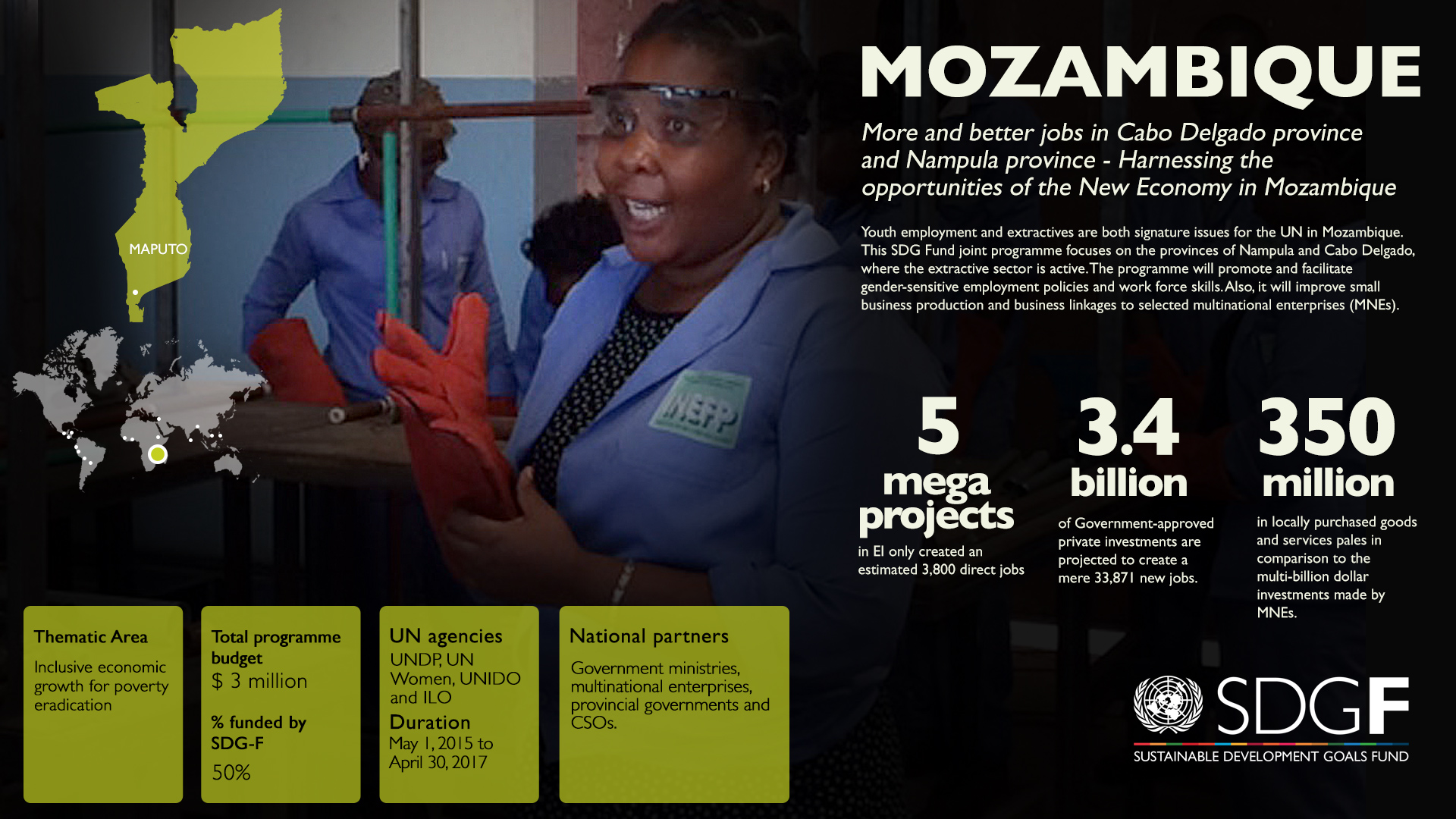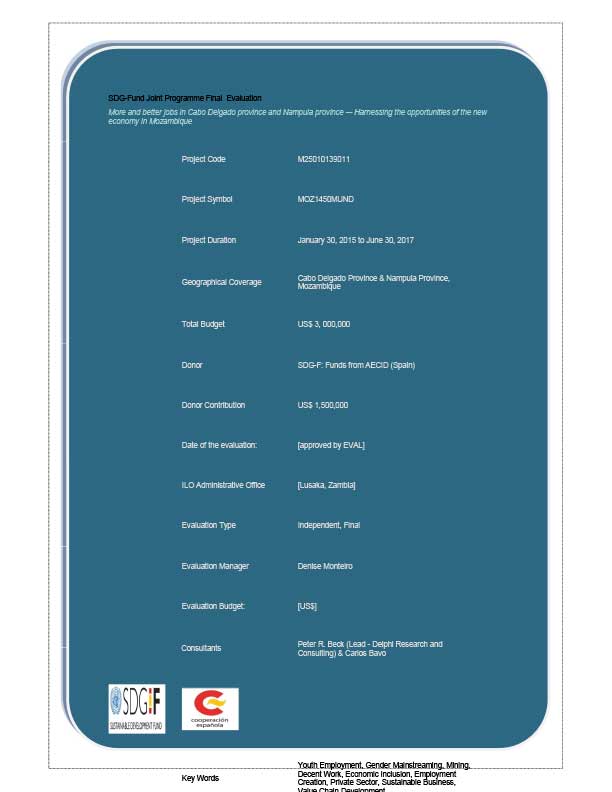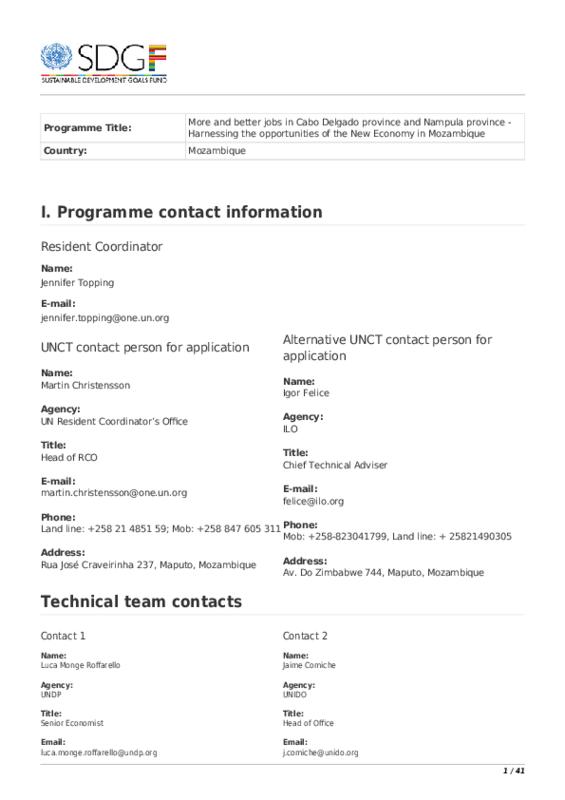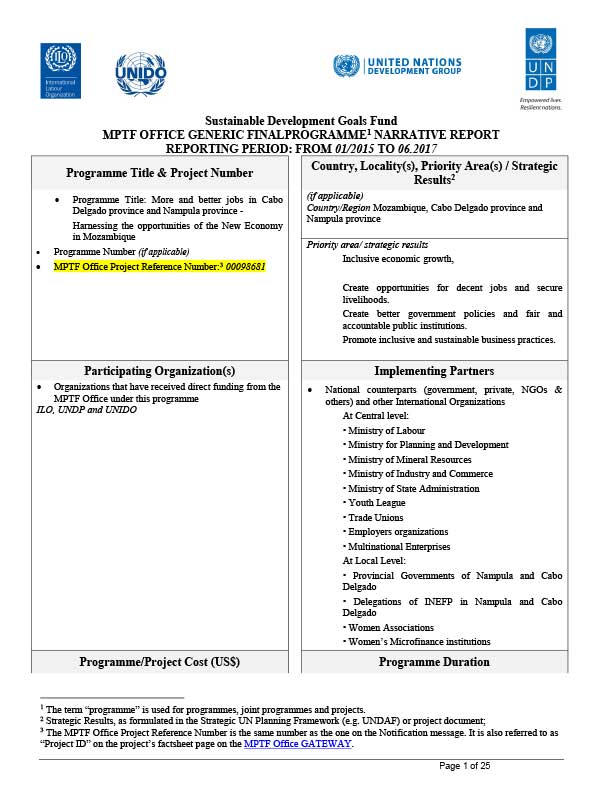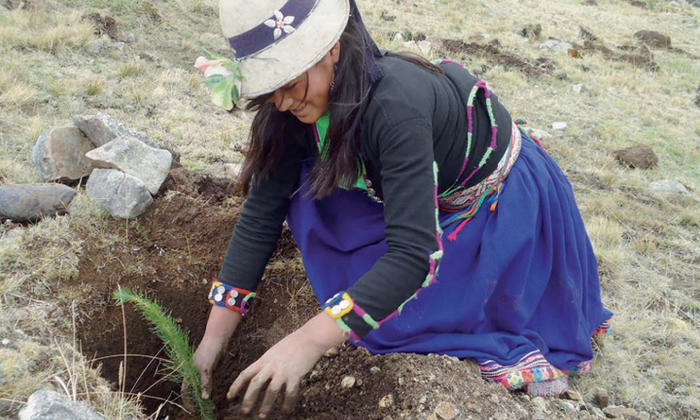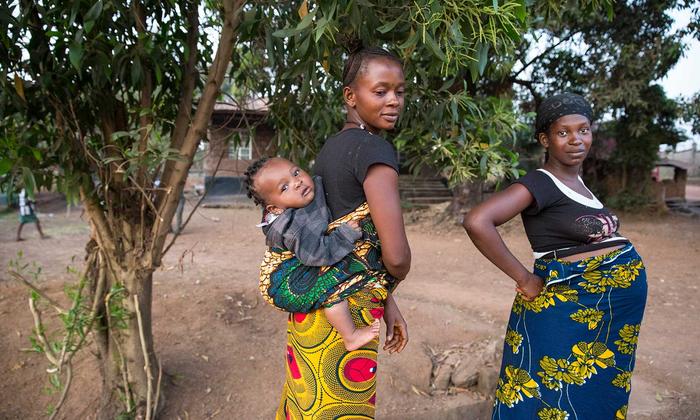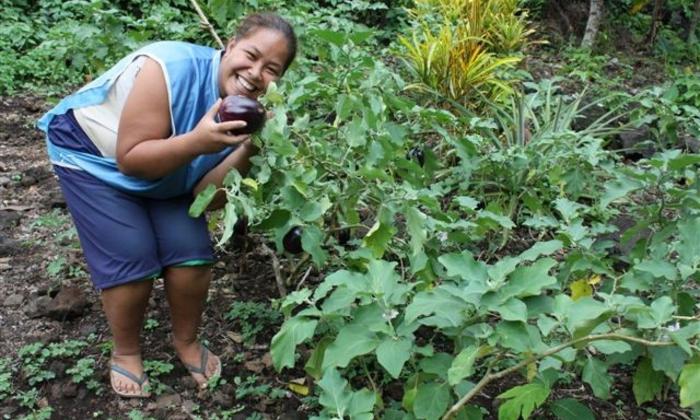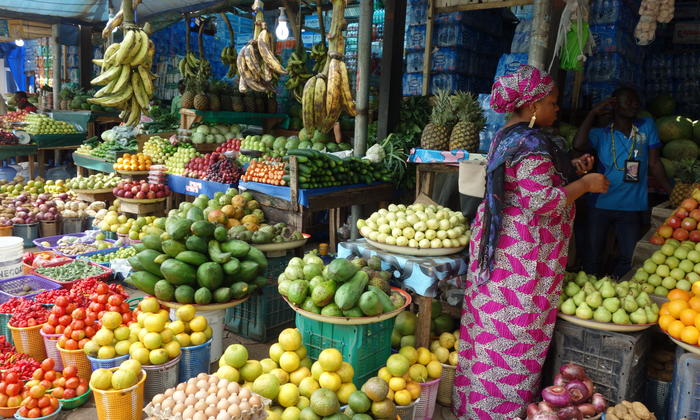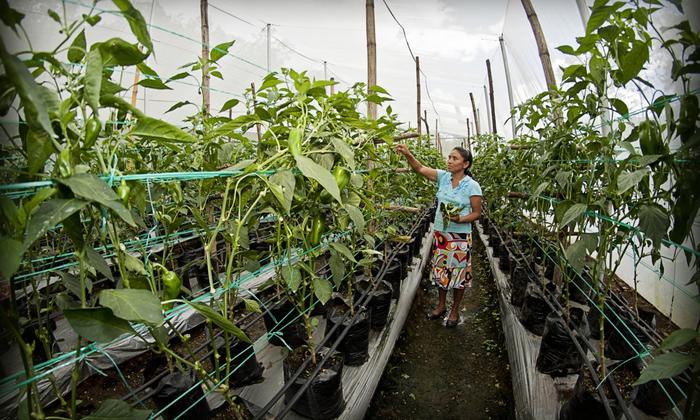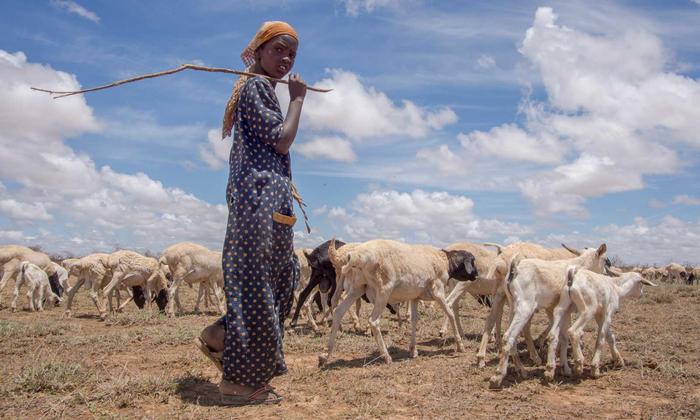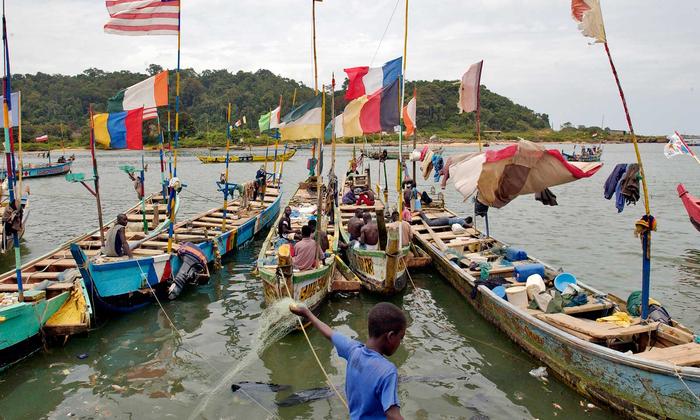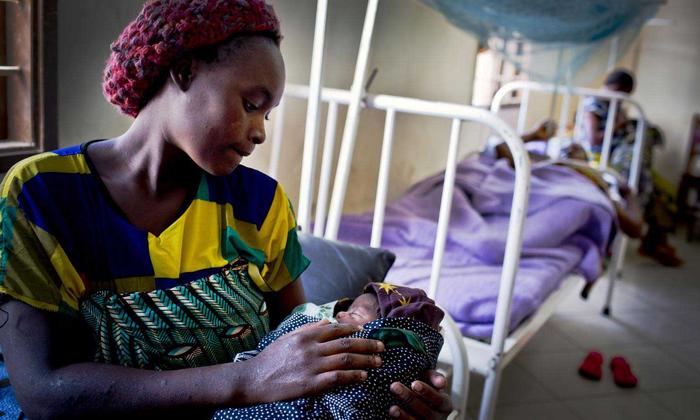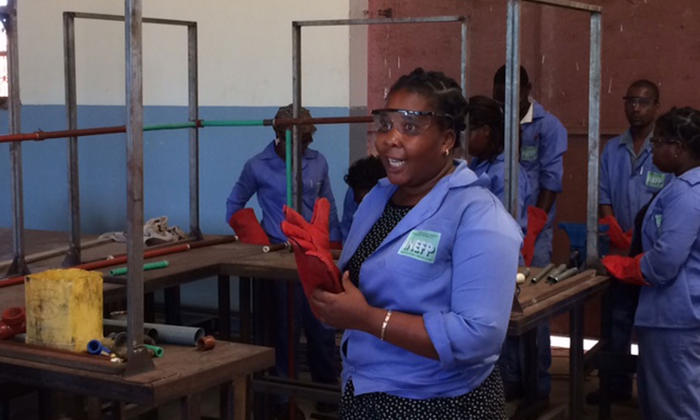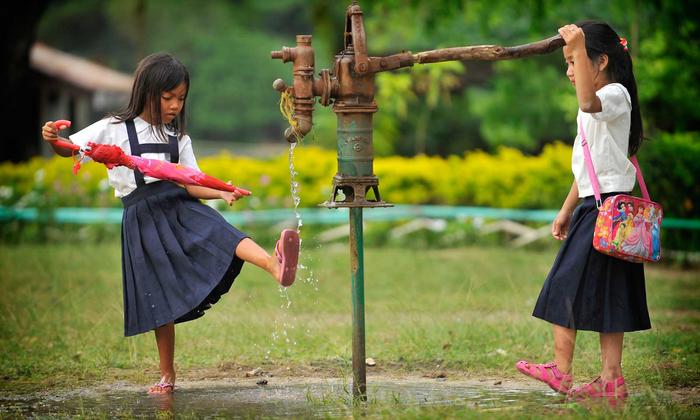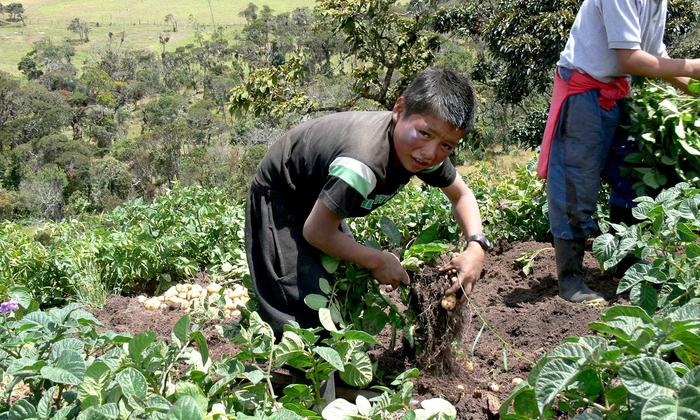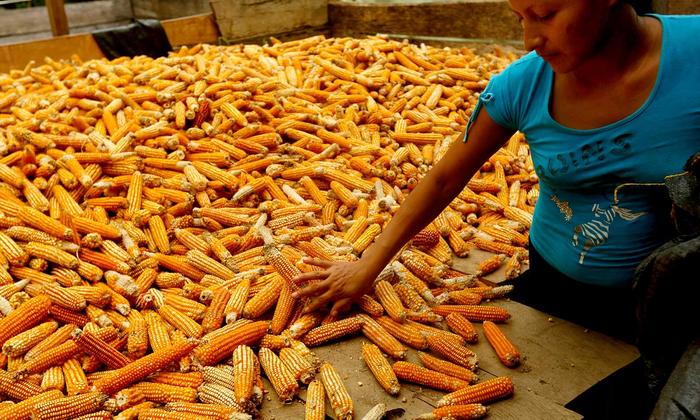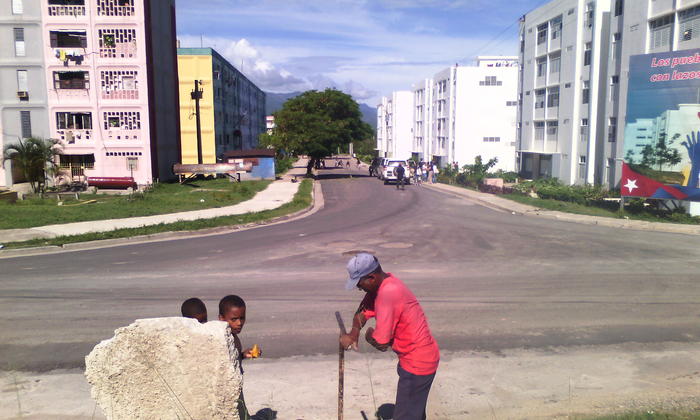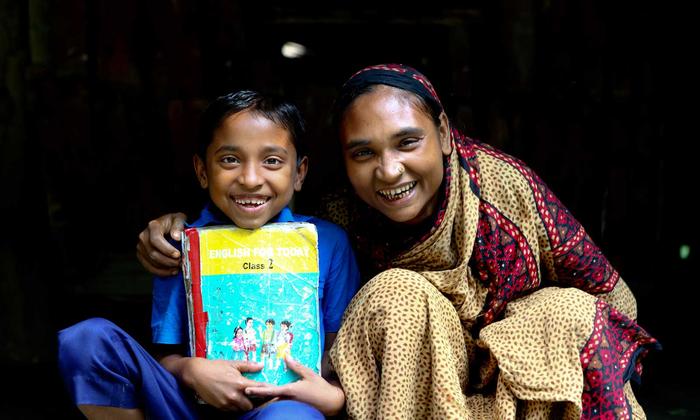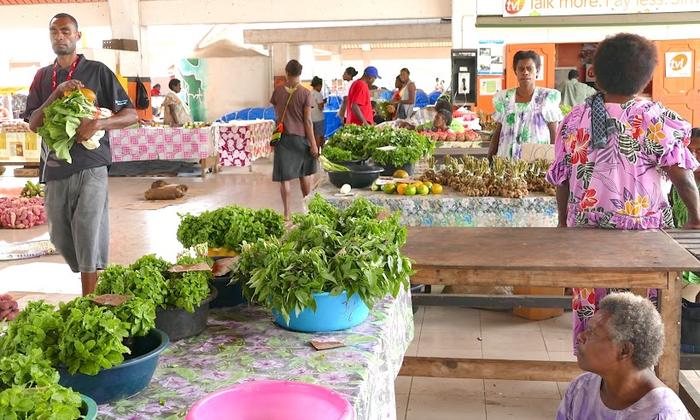Extractive industries and development in Mozambique
The extractive industry sector in Mozambique is expanding, yet is not generating sufficient local jobs and income - particularly for the rapidly growing youth population. The extractive sector should have a positive and transformative impact on development and governance.
The programme
Youth employment and extractives are both signature issues for the UN in Mozambique. This SDG Fund joint programme focuses on the provinces of Nampula and Cabo Delgado, where the extractive sector is active. The programme will promote and facilitate gender-sensitive employment policies and work force skills. Also, it will improve small business production and business linkages to selected multinational enterprises (MNEs).
The approach
The programme’s main target groups are young men and women who are job seekers or entrepreneurs. It is working to ensure the following outcomes:
- MNEs in extractive industries comply with policies on local purchase of goods and services and environmentally friendly business practices. They should apply gender- and age-sensitive recruitment policies to hire nationals
- A workforce with better vocational skills and opportunities in extractive firms and businesses working with extractive industries
- National/Local businesses capitalize on opportunities and provide environmentally sustainable services and products to extractive industries
- National and international decision makers have better access to data for formulating job-creating measures and strategies on the extractive industry.
The programme seeks to create at least 1,500 direct jobs and 1,500 indirect jobs, of which at least 50% will be for women and 25% for young men and women. The programme seeks to support at least 250 SMEs to start-up and/or develop and expand; at least 35% of these will be run by female entrepreneurs.
Quick facts
Total programme budget: $3 million
% funded by SDG-F: 50%
UN agencies: UNDP, UN Women, UNIDO and ILO
National partners: Government ministries, multinational enterprises, provincial governments and CSOs.
Duration: January 30, 2015 to June 30, 2017

